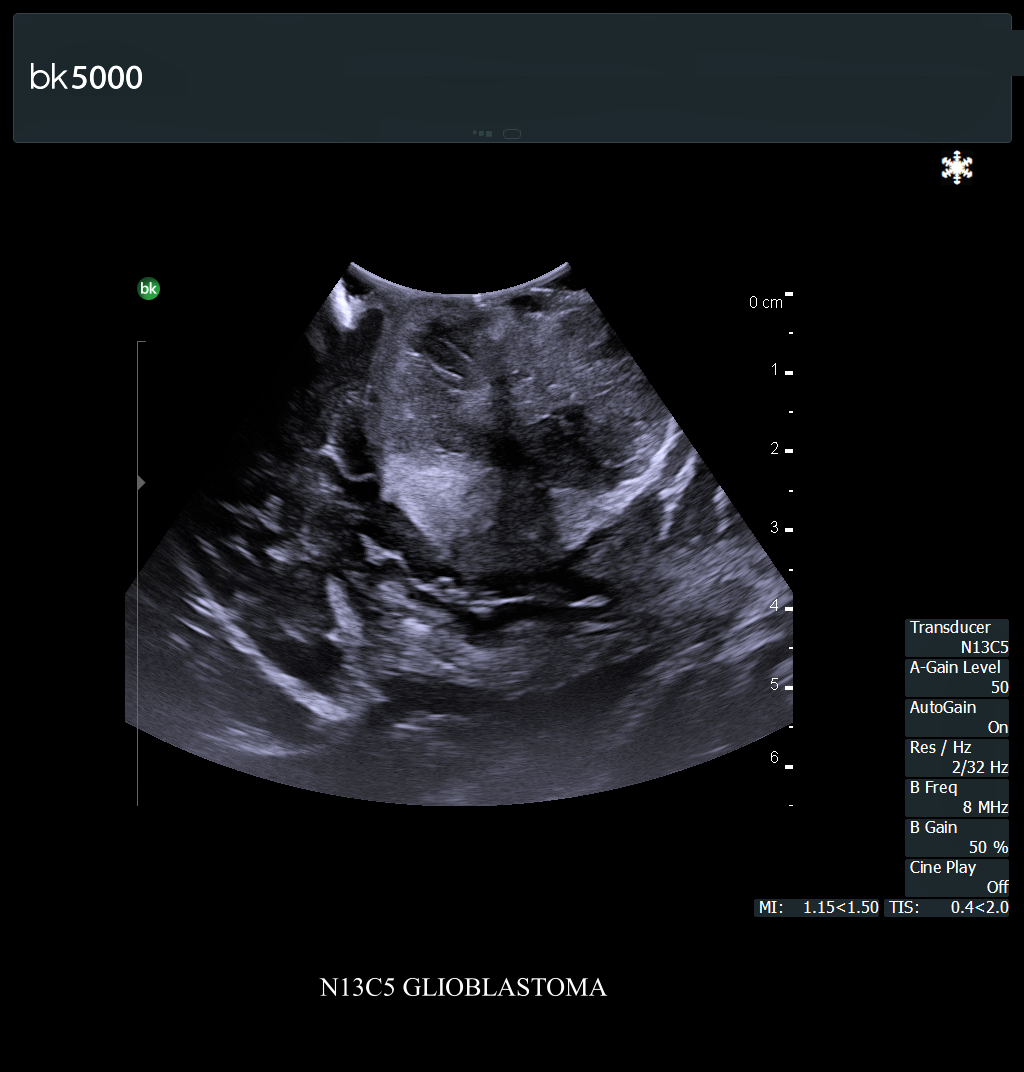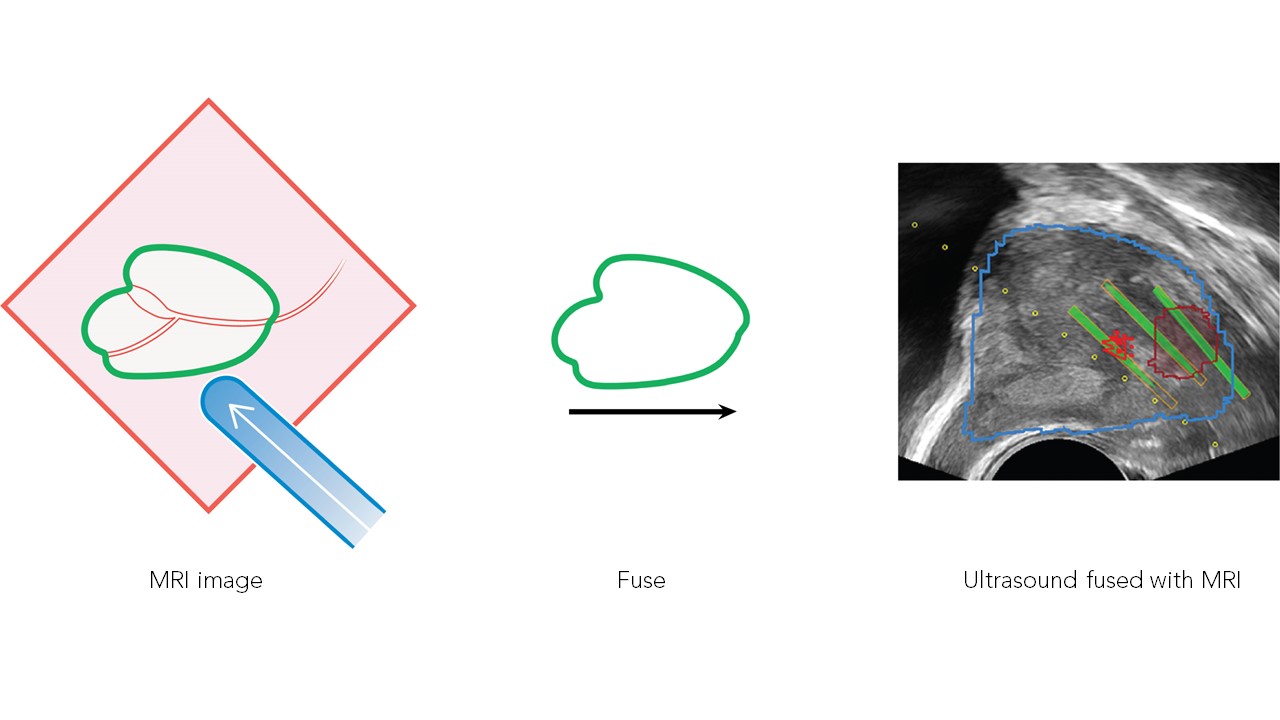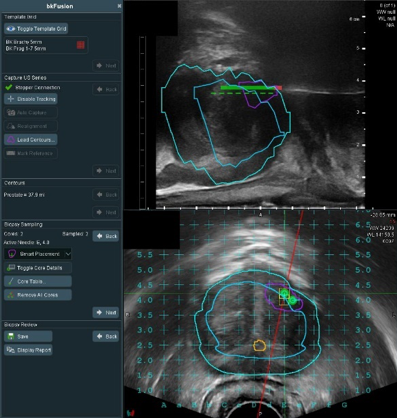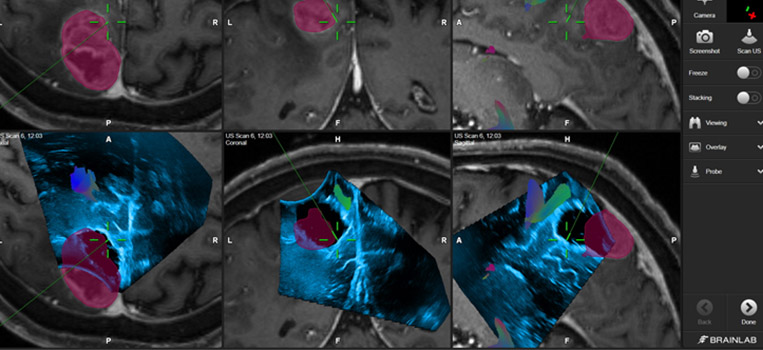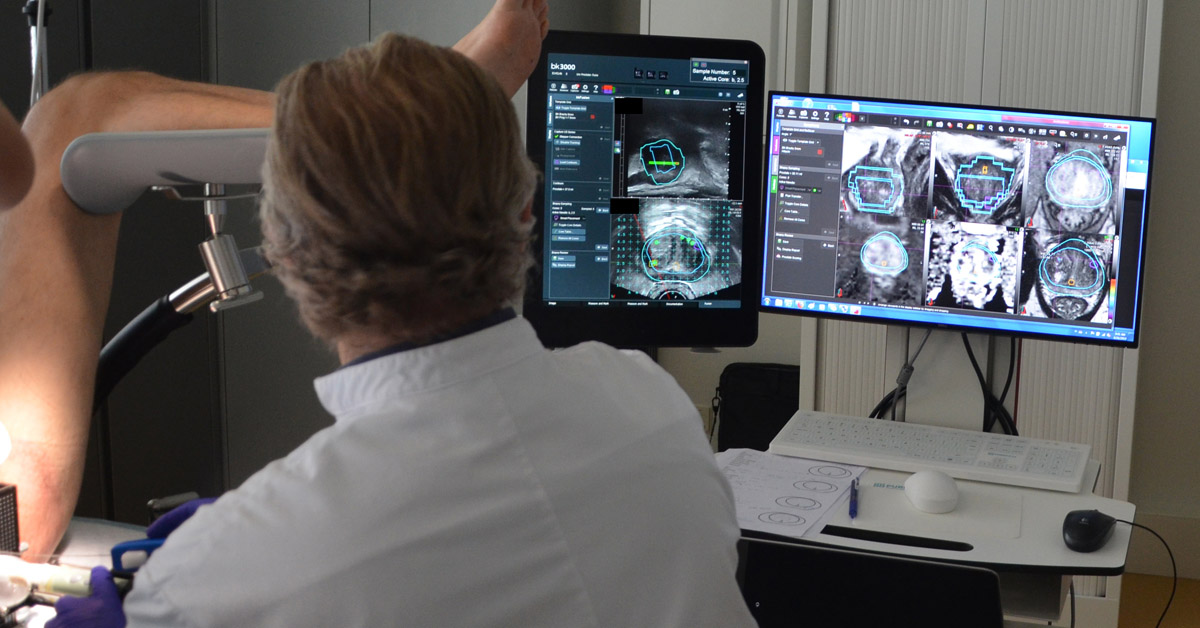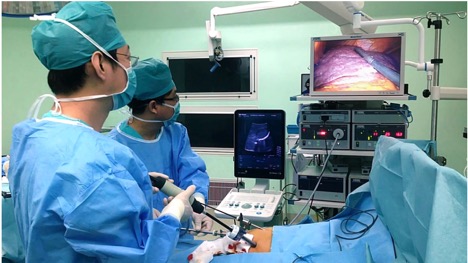Hepatobiliary and general surgeons need clear visibility during open surgery and minimally invasive surgery. It is important to have a guidance tool that enables critical decision-making at every stage of their procedures.
BK Medical
Recent Posts
Real-Time Intraoperative Ultrasound Benefits: Hepatobiliary and General Surgery
Topics: bkActiv, Active Imaging, Intraoperative Ultrasound, Hepatobiliary and General Surgery
Guiding Tumor Resections in Neurosurgery with Intraoperative Ultrasound: Prof. Geirmund Unsgård
"Ultrasound is very important for tumor resection because of brain shift and the need to see residual tumor and the tumor border."
Recently, we introduced you to Prof. Geirmund Unsgård, Professor Emeritus of Neurosurgery at the Norwegian University of Science and Technology (NTNU). We have talked with Prof. Unsgård about using intraoperative ultrasound in neurosurgery and how the use of intraoperative ultrasound can help account for brain shift during neurosurgery. Today, we are talking with Professor Unsgård about the visualization and planning of tumor resection surgeries.
Topics: Active Imaging, Intraoperative Ultrasound, Neurosurgery and Spine, Tumor Resection
There is a better chance of successful treatment of prostate cancer when it is detected early and confined to the prostate gland.1 Increasingly, multiparametric MRI (mpMRI) is being recommended before biopsy as part of a prostate cancer pathway.2 Compared with TRUS-biopsy, mpMRI has significantly better sensitivity and negative predictive value for clinically important prostate cancer.2 If used as a triage test before first prostate biopsy, mpMRI could reduce unnecessary biopsies by a quarter; mpMRI could also reduce over-diagnosis of clinically insignificant prostate cancer and improve detection of clinically significant cancer.2
Topics: MR Fusion Biopsy, Prostate Biopsy, bkFusion, Predictive Fusion
Ultrasound Adds Valuable Information to Help Plan Prostate Biopsies
Recently, we spoke with Dr. Jos J. Immerzeel, the radiation oncologist at Andros Mannenkliniek (The Andros Men’s Health Institutes) in Amsterdam. Dr. Immerzeel uses bkFusion to plan and guide transperineal prostate biopsies using local anesthesia, which you can read about here.
For Dr. Immerzeel, an MR-ultrasound fusion biopsy using bkFusion takes approximately 20 minutes, and patients usually spend less than an hour at the clinic. One reason for the short procedure time is that the MRI contours have been done beforehand, so the patient spends very little time on the table.
Topics: Urology, MR Fusion Biopsy, Active Imaging, Prostate Biopsy, bkFusion
Using Intraoperative Ultrasound to Correct for Brain Shift: Prof. Geirmund Unsgård
“Brain shift makes it impossible to rely solely on the use of neuronavigation.”
We recently shared a blog post featuring Prof. Geirmund Unsgård, Professor Emeritus of Neurosurgery at the Norwegian University of Science and Technology (NTNU). Prof. Unsgård has used ultrasound in neurosurgery for over two decades. Read our previous post here.
Topics: Surgery, Active Imaging, Intraoperative Ultrasound, Neurosurgery and Spine, Brain Shift
bkFusion for Transperineal Prostate Biopsies with Local Anesthesia
Dr. Jos Immerzeel has performed over 1000 MR-ultrasound prostate biopsy procedures using bkFusion. He currently carries out bkFusion procedures at Andros Mannenkliniek in Amsterdam, and his preferred method is transperineal (TP) biopsies with local anesthesia.
Topics: Urology, MR Fusion Biopsy, Prostate Biopsy, bkFusion
Using Intraoperative Ultrasound in Neurosurgery: Prof. Geirmund Unsgård
"In neurosurgery, you should be sure, and ultrasound gives you
certainty and makes you feel confident as a surgeon."
Geirmund Unsgård is Professor Emeritus of Neurosurgery at the Norwegian University of Science and Technology (NTNU), where he worked for 30 years. For 22 years he served as Chief of the Neurosurgical Department at St. Olavs Hospital, Trondheim University Hospital, in Trondheim, Norway. An expert of ultrasound-guided neurosurgery, Prof. Unsgård has used intraoperative ultrasound imaging to guide his neurosurgical procedures for over two decades.
Topics: Surgery, Active Imaging, Intraoperative Ultrasound, Neurosurgery and Spine, Tumor Resection
The Benefits of Predictive Fusion for MRI Fusion Prostate Biopsies Versus Rigid and Elastic Fusion
Predictive FusionTM is powered by MIMReslicer which reslices and reorients supine MRI images to LLD or Lithotomy position during the Radiology review thus addressing registration errors before the procedure. Unlike rigid and elastic fusion, which attempt to correct errors after the ultrasound is acquired, Predictive Fusion removes errors before acquiring the ultrasound. How? Using a proprietary on-screen tool, the radiologist reslices and reorients the MRI images to the expected biopsy position, as a result, the registration process typically requires seconds. Predictive Fusion allows you to adjust and correct before taking a biopsy and was designed to fit your traditional biopsy workflow, requiring minimal extra steps and providing a fusion you can trust.
Topics: Urology, MR Fusion Biopsy, Prostate Biopsy, bkFusion, Predictive Fusion
Dr. Wang Hongguang discusses why laparoscopic ultrasound is useful for ablation procedures
In this video, Dr. Wang Hongguang, hepatobiliary surgeon at PLA General Hospital, Beijing, China talks about laparoscopic ultrasound and why it is useful for ablation procedures. Specifically, Dr. Wang Hongguang discusses:
Topics: Intraoperative Ultrasound, Hepatobiliary and General Surgery, Laparoscopic Surgery, Tumor Ablation
Prostate Ultrasound Biopsy with BK Fusion Technology: Mr. Allen Wynn
In this video, Prostate cancer survivor Allen Wynn describes how he feels that having a doctor who uses cutting edge technology made a difference to him when he was diagnosed with a prostate cancer that required treatment. PSA tests and Digital Rectal Exams are important tools for prostate screening but often raise as many questions as they answer. Systematic biopsies don’t always give enough information to be conclusive. Fusing real-time ultrasound images with pre-exam MRI data gives you better guidance to help accurately target lesions identified in the MRI images, potentially reducing the risk of missing high-grade tumors or under-staging tumors for active surveillance. Watch this video to learn more about the bkFusion system.
Topics: Urology, MR Fusion Biopsy, Prostate Biopsy, bkFusion

